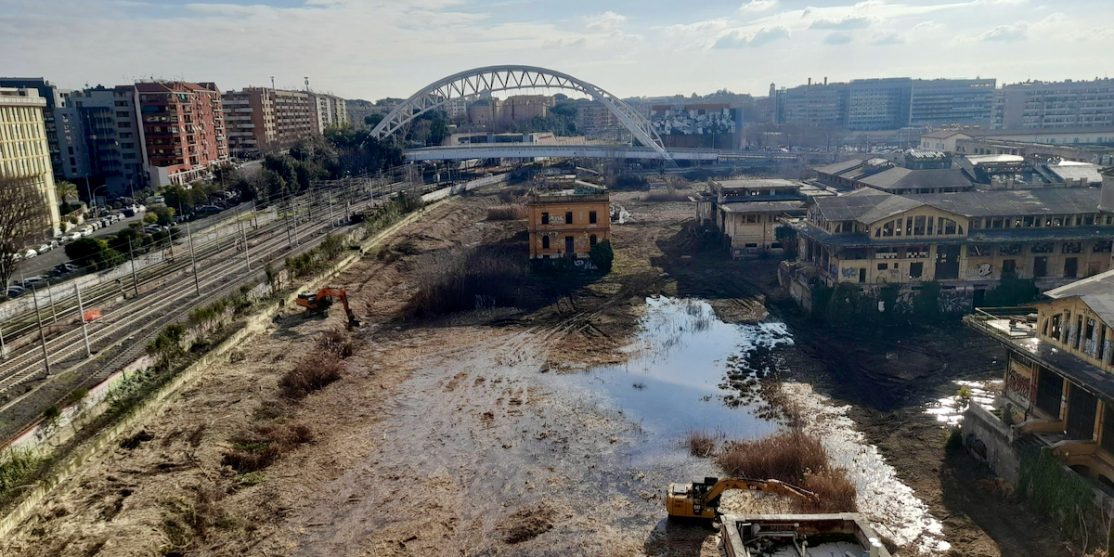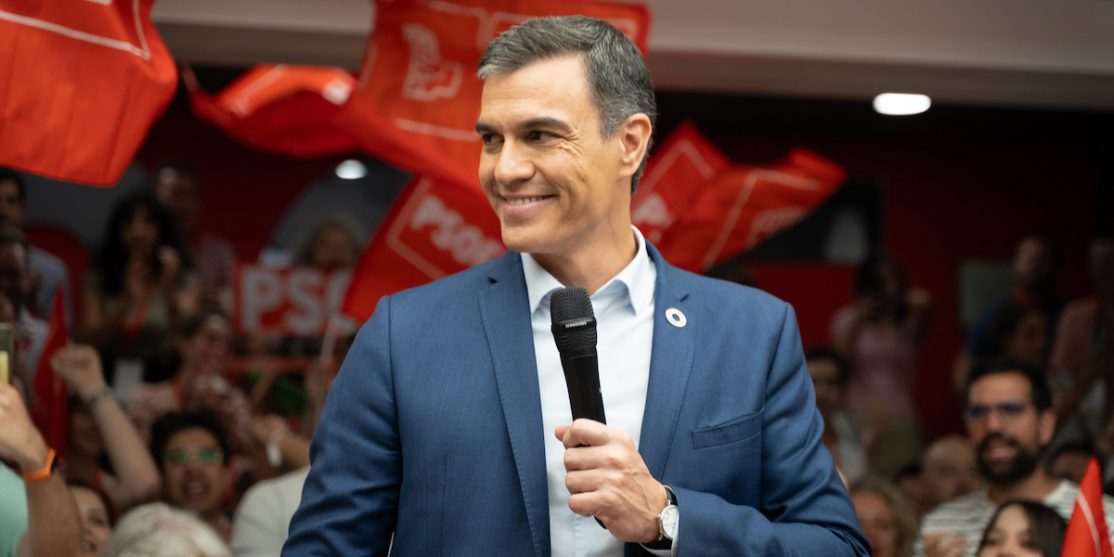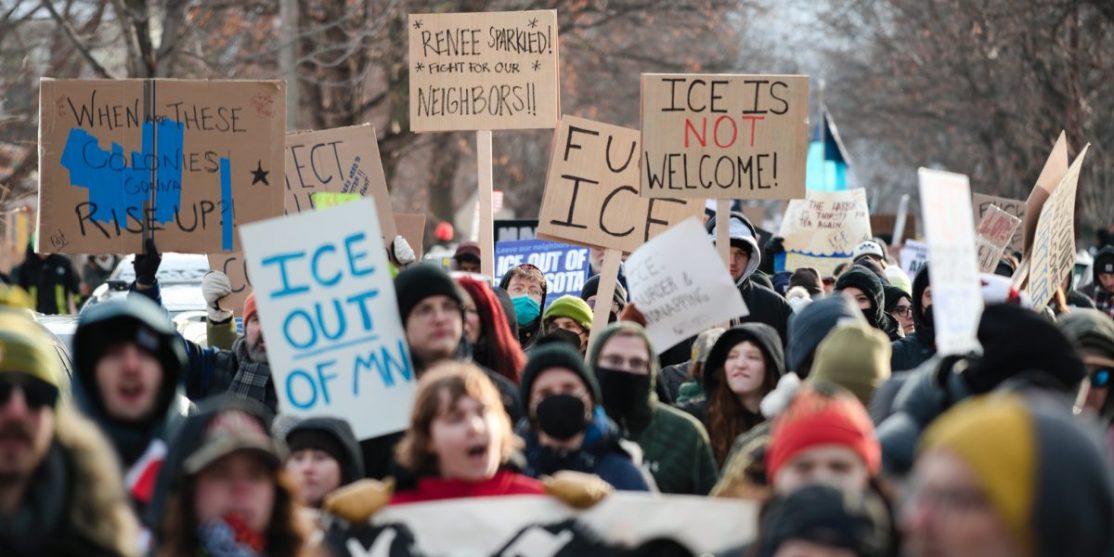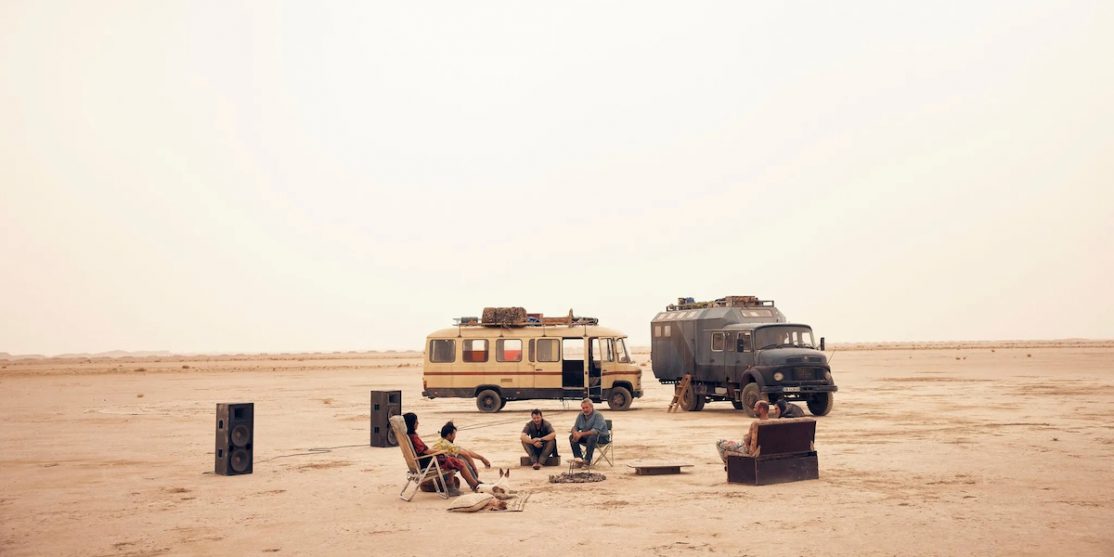EUROPA
Three questions on the last election in Germany
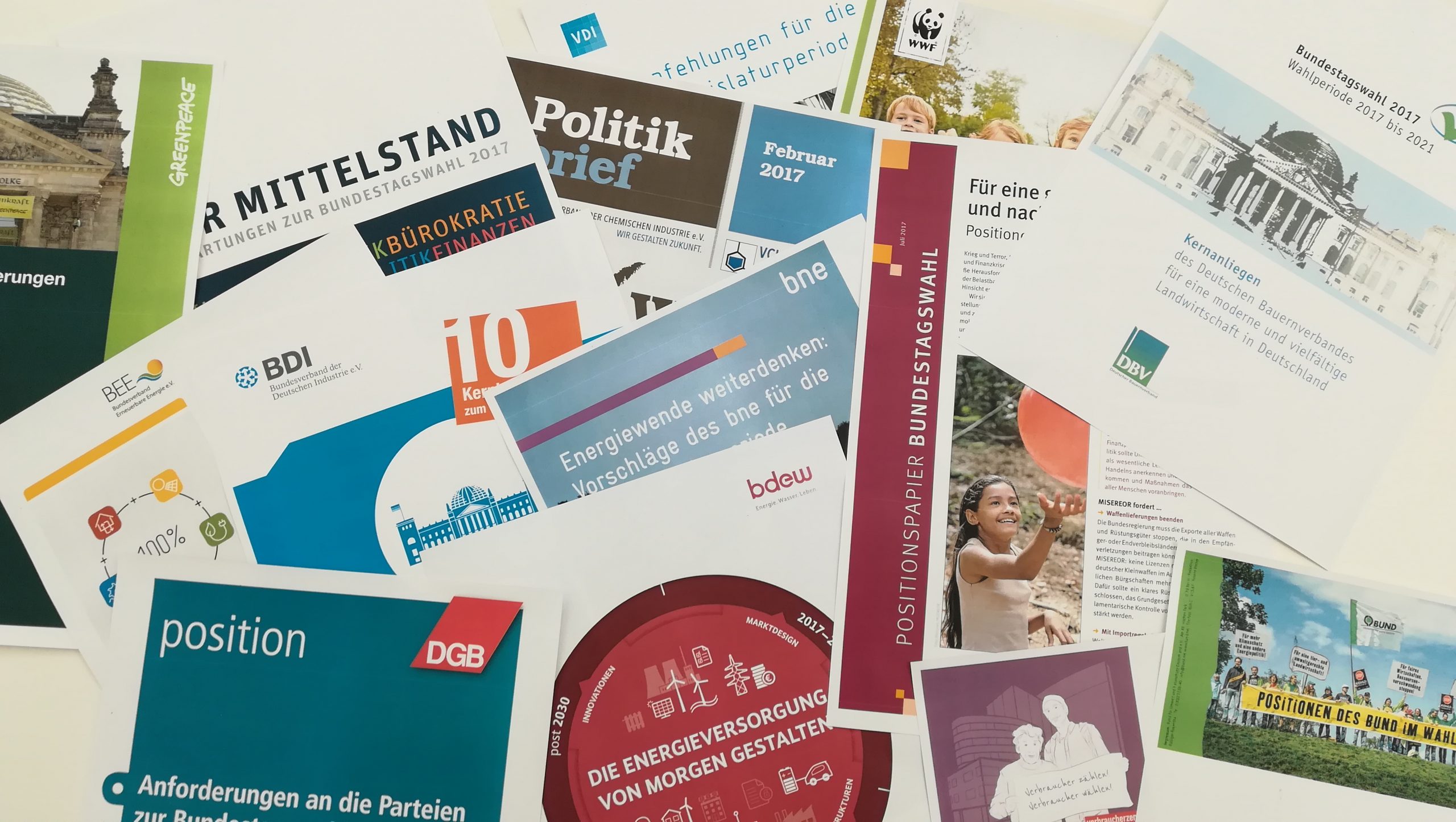
On September 4, 1.3 milions of voters in the local elections to elect members to the Landtag of Mecklenburg-Vorpommern. The result was a shock on a German and European level because of the rising of the right-wing populist and xenophobic party of Alternative for Germany, that obtained the 20.8% of the votes, behind the Social Democratc Party of Germany (30.6%), and before Merkel’s Christian Democratic Unione (19%). To go in depth with the effects of this election, we asked three questions to Anna Stiede (precarious workers, active in Interventionist Left) and John Malamatina (free author and active in Beyond Europe)
Even if the land of Mecklenburg-Vorpommern is a little one, with only 1.3 millions of voters (Germany has more than 82 million inhabitants), all the political parties attributed a big importance to this round of voting. Angela Merkel had defined this election as Schicksalswahl, “vote of the destiny”. Why this regional result has such a big relevance?
It’s typical for politicians to call phenomena something like destiny what in fact is a result of a neoliberal politics of social inequality. So, yes the election of ‘Meck-Pomm’, as we call this region in Germany, have a very big relevance for the political landscape in Germany (and not just the institutional one). Two main institutional reasons are: the upcoming local election on the 18th September in Berlin, and next year big national election. The main socio-political reason: today Meck-Pomm is one of the poorest federal states in Germany. After the fall of the wall, the sell out of eastern Germany and privatizations, big economy-pusher – harbours like Rostock in the Baltic see – lost their power and the landscape some of their beauty. As a poor eastern German federal state where many social problems are very concrete, of course the political establishment was nervous… but it is very important to not reproduce the eastern-Germany-bashing while talking about right wing movements and nazis. Yes, in many regions in the eastern “Hinterland” there is not a nice social atmosphere, and, as comrades of the Band ‘Feine Sahne Fischfilet‘ described in their antifa-pre-election campaign, there in Meck-Pomm, in many villages, you just saw the Election posters of the NPD (the nazi party) or posters of the AFD (Alternative for Germany). But the results have to be seen as an effect of a general politic which produces social exclusion.
Of course, all parties can describe the whole election as Schicksalswahl: the rise of the AfD in Mek-Pomm shows definitely that a populist right-wing party can establish itself in the political terrain of Germany. After the very good results in Baden-Wütternberg and Saxony-Anhalt, the estimation for the next general election is in the order of 15%. The biggest fears of the other parties, and especially Angela Merkel, have now been confirmed. In the last years all over the world, like in the USA with Donald Trump or in France with Marine Le Pen and her Front National, all styles of right-wing movements are in vogue. Now Germany has joined definitely this club of countries with a crisis of classic political system and its big parties. In the last general elections Angela Merkel reached 41,5% (+ 7,9%) and demonstrated big strength with a rise of her power in the middle of the crisis. Since then, especially after her initiatives in the “refugee-crisis”, she has been under pressure. Attacks from the sister party CSU with Horst Seehofer became more aggressive, and “voters are fleeing to the new rising star called Alternative for Germany”. But also the Social Democrat (SPD), the Green Party (B90) and the left Party (Die Linke) lost votes to the AFD. In the national parliament debate after the vote, Angela Merkel defended her refugee politics and as a political answer to AfD she said “Gemany will stay Germany – with everything what is precious to us.”
So all big parties lost votes and power within the last four federal elections. And it is not a surprise that Merkel received a kind of shock, because the election results of the eastern federal states during the last period broke the hegemony of conservative politics in the old DDR countries and in general. With a view towards the national elections next year the traditional politicians have to face a real political opponent. Not anymore the conservative coalition of CDU/CSU is collecting all right wing voters.
Could you shortly highlight the main steps that brought AfD from the born in 2013 to the result of the last Sunday? Which political discourses shaped this organization? Which connections it has with the growing xenophobic mood in Germany? To which social composition it mainly addresses its propaganda?
The AfD still profits from its long clouded founding myths. It was founded as an academic club of euro-sceptics, with a big participation of finance and economic people who wanted to influence German politics in the age of the Eurocrisis. Already, the egoistic nationalism was living inside the party, but now it won the hegemonic battle inside the party, but still behind the good-bourgeois image, which the ex-leader Bernd Lucke had build up. Behind this image gathered the angry citizens from middle class and slowly bigger parts of the poorest people all over Germany. This was easier because it was not declared from the beginning as a racist party.
Today, in German society racist stereotypes are well established – and even before the crisis. These stereotypes are part of a set of values that have driven to the right big parts of the population. In many cases, the state agenda has played a helping role. The politics of the AfD are concentrated especially on “family politics”, grounded on an antifeminism and conservatism that is spreading especially on male voters, as different articles are reporting. The big “March against abortion”, that takes place every September (1.000 Cruxes the 17 September), is authorized and supported by AFD-Politicians. In this context we should not forget that the AfDs electorate represents in big parts the “little German man”. Parallel we have a serious right-wing turn on the streets with Pegida and other right-wing events, and “in the night” with over 600 attacks on migrant shelters. The situation is getting darker in total – being perfect completed by state repression against migrants and refugees, and still no real state answer to the rising right wing violence.
One of the political key point of AfD is a resolute anti-europeism. How such a kind of discourse can meet consensus in the country that shaped more the institutional and economic architecture of European Union, and that in the long term had the biggest benefit from the introduction of the Euro and even from the so called “debt crisis”?
The German austerity politics brings benefits for Germany – this is clearly underlined by this year gigantic budget surplus (numbers presented by the Institute for Economic Research – IFO). But those benefits you mentioned are not distributed to people. The social crisis is already there: housing, waged labour, social infrastructure and education are in trouble. An interesting fact, regarding the special young composition of the BRD (the Federal German Republic), is that the Eastern German population already had a social crisis 25 years ago, it is not such a new experience as for the population in west Germany.
Now it is obvious that the Merkel Mantra of ‘We will do it!’ is exhausted: in the last years of crisis AfD, hand in hand with other reactionary movements, is bundling a right social pol. For concrete fears and worries in times of crisis and war, those actors are using the most primitive explanations. And they are touching topics which have realized a big shift to the right in today German society, from the big coalitions politics up to parts of the Green, and even up to the left party: law and order politics, migration politics, social repression and inner and outer militarization. The answer of political parties to the rise of AfD remains the adaptation of the agenda, which puts us all in a dangerous cyclone.
For the outer-parliamentary left the main task remains for the moment: not to panic and call out a nazi apocalypse, but to understand this dangerous political situation, be cautious and to develop effective strategies of opposing the politics that AfD and the other conservatives represent. This means, in our opinion, from one side to occupy again the social question(s) by articulating our own program of social change and political organization, and on the other side to continue to find ways to confront directly events and appearances of this racist, sexist and homophobic party wherever it appears. Always in connection to a general critic of the political sphere, that finds its most extreme end in such populist parties. Criticism is good, but we clearly still have the lack of a positive vision. To conclude, some actual good interventions of the radical left are the queer feminist and antifascist coordination under the slogan “Borderless feminist”, or the campaign “Nationalism is no alternative”.

